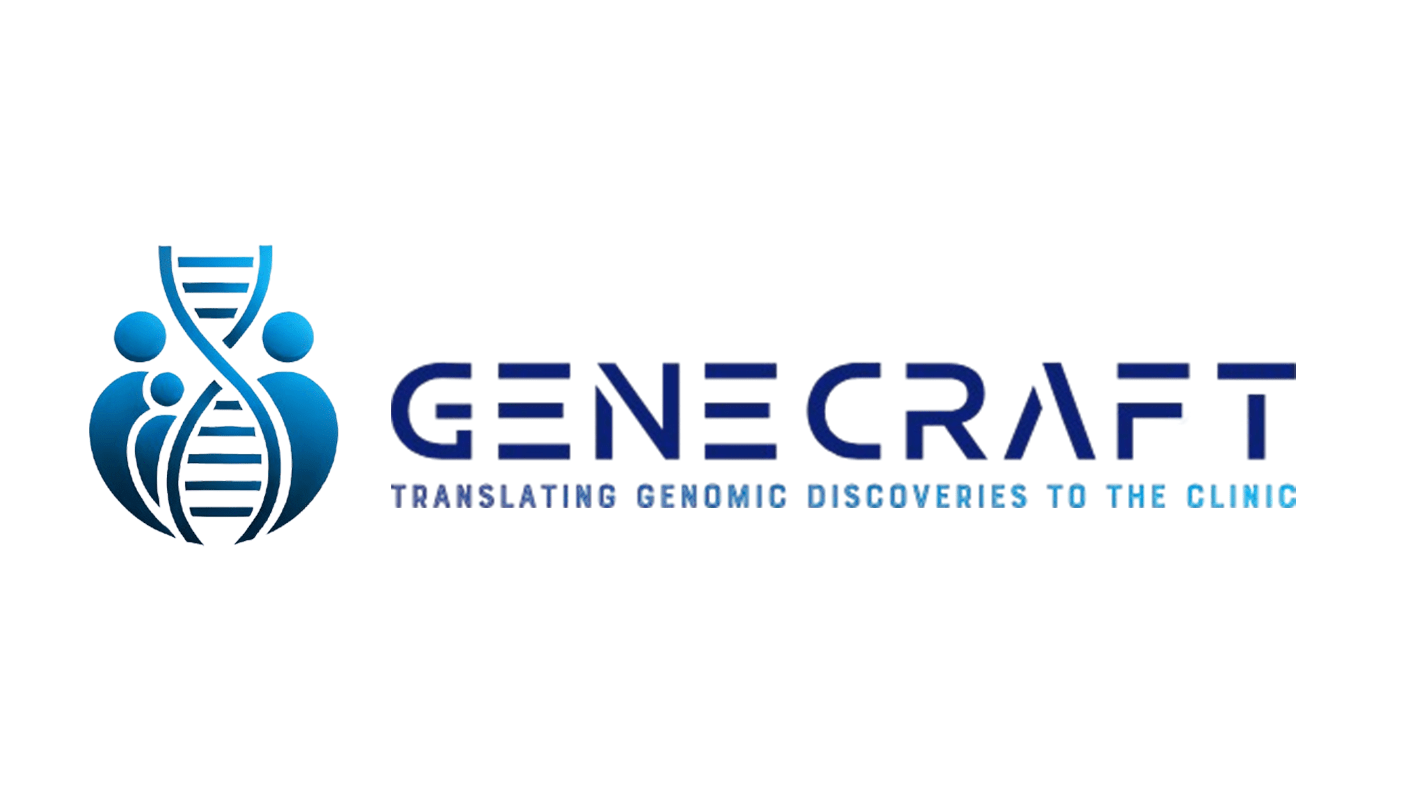
Work package 3
Enhancing Bone Quality Assessment: Integrating RPI Technology in Skeletal Research
Large-scale assessment of bone quality (Osteoprobe): The objective of this work package is to advance beyond traditional bone mineral density (BMD) measurements and assess bone quality as a determinant of bone fragility and fracture risk, as well as the potential detrimental effects of disease states on skeletal health. Reference Point Indentation (RPI) is a cutting-edge technology with the capability to directly evaluate bone material quality and fragility in vivo.
Unlike imaging techniques that utilize radiation to measure bone mineral content, RPI employs microscopic indentation to assess how effectively mineral and organic components (such as collagen and non-collagenous proteins) work together to withstand a minor challenge. This allows RPI to capture aspects of bone strength that imaging techniques may overlook, such as the ability of mineralized collagen fibrils to dissipate energy without breaking.
To support this initiative, a working group will be established within the GEFOS consortium to conduct a genome-wide association study (GWAS) on RPI. Additionally, strategic collaboration with the provider will enable the assembly of a patient cohort with RPI measurements and GWAS data, offering RPI measurements to 1500 patients and/or GWAS microarray profiling to existing or new patients undergoing Osteoprobe measurements who are willing to participate in the consortium.
The integration of RPI data with clinical factors, genomic information, and novel analytical techniques will yield significant discoveries benefiting the field of skeletal research. While the feasibility of this work package is evident, the moderately high cost of the measurement and the dependence on patient recruitment to achieve statistical power make it a moderately high-risk investment with the potential for high returns.



